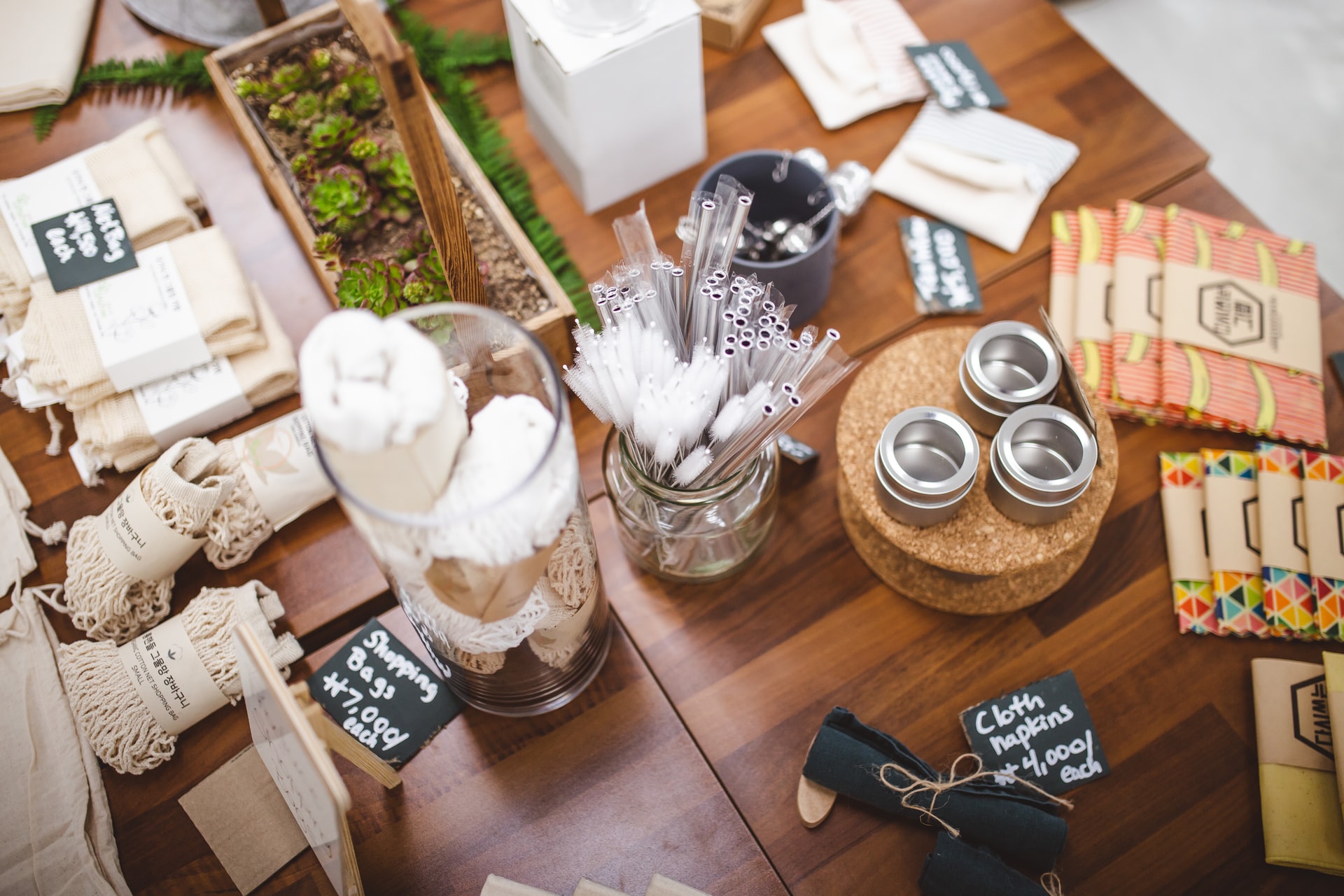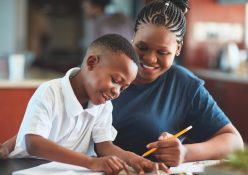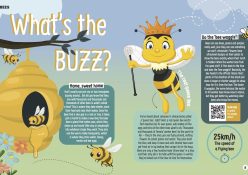Today we know more than ever about the impact we’re having on our planet – the way we live has already caused damage beyond repair. Luckily, efforts to limit further loss are finally starting to become mainstream, regulated by law in many parts of the world, and also taught from an early age to most schoolgoing children. So what steps are you taking at home to spread this eco message? Mom and earth-friendly entrepreneur Andrea van Meygaarden outlines three practical paths you can take.
Nature
Research has shown that kids immersed in nature from an early age are likely to develop a deep love for the environment and, in turn, work to preserve our planet. They’re also likely to do better moral development and concern for community well-being. Keep it age-appropriate. Let your baby play with soil, sit bare-legged on the grass and listen for birds. Do some digging or watering with your toddler. Encourage your preschooler to plant and care for their own pot plant – seeing it grow will open a whole new world to them. Offer to take your teenager and a few friends on a hike, camping trip or even just a night of phone-free stargazing in the back garden. The best thing you can do as a parent is to foster environmental consciousness. ‘Get your kids outdoors!’ Andrea urges us all. As the prominent environmental educator David Sobel eloquently said, ‘One transcendent experience in nature is worth a thousand nature facts.’
Nurture
Being earth-friendly needs cooperation and involvement from everyone in the household. Start to nurture some good habits in your home from day one.
Use earth-friendly products Start with reusable cloth nappies and organic baby toiletries, and then proceed to green cleaning products. Why? Disposable nappies contribute massively to landfills, as they do not decompose, and pollute groundwater with human waste. The chemicals in many cosmetic and pharmaceutical products have been linked to various health issues.
Have less stuff Approach what you have and hoard with care, rather than simply accumulating and tossing recklessly. Teach your children to value what they have and can create, versus what they can buy. How? Try to reduce, reuse and recycle whenever and wherever possible.
Make the most of natural resources Teach your kids to save water, reduce electricity use and redirect waste. How? Your primary-school-goers can help sort recyclables or empty the kitchen compost bin and your teens can do a light-bulb audit or replace regular batteries with rechargeable ones where possible.
Nutrition
‘Your child’s relationship with food will play a huge role in their perceptions of sustainability,’ says Andrea. Knowing and seeing where meals come from makes them appreciate the journey their food has taken to get to them. They will value each step – harvesting, storage, preparation – and value the end product. If you can, establish a vegetable patch. Get your little ones involved in planting, picking and preparation. This tactile fun can often make even the fussiest food critic forget what they’re noshing on! And it’s a much healthier and cheaper alternative to the ready-made meals we have become accustomed to. But be prepared to put in the effort: This will require planning, time and patience.
The End Goal
‘I want to leave a legacy for my children: a world they can actually live in happily,’ says Andrea. ‘Parenting is no longer just about instilling good values in our kids, or even ensuring a good education. Now more than ever, it is about creating a safe world for them to thrive in. And, to achieve that, we have to be that: We have to practise eco-conscious living with integrity, honesty and respect.’
Words: Ciska Thurman | Photography: Unsplash





